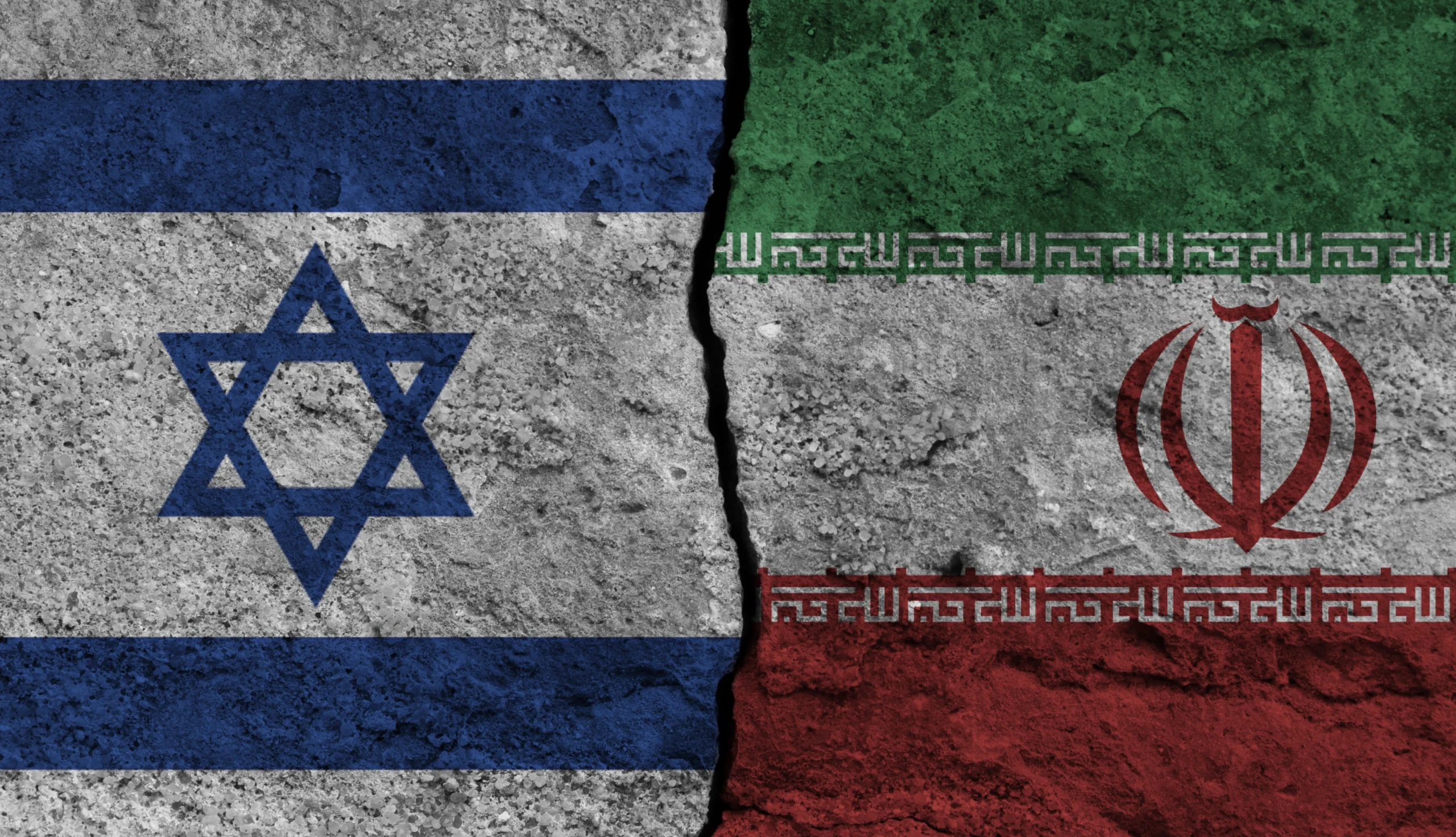Muhammad Hanif
On Tuesday, the Defence Minister, Khawaja Asif, dropped a hint suggesting the potential blockade of social media networks, once again revealing the government’s detachment and lack of understanding when it comes to the regulation of this medium. The previous shutdowns of the internet and social media around May 9 had disastrous consequences, and it seems that the administration intends to exploit this incident as a smokescreen to further extend its oppressive rules.
In his conversation with journalists, Mr Asif highlighted that the roots of the violence witnessed on May 9 were sown on social media. He also mentioned that countries like the US, UK, and China have all implemented regulations on social networks. However, it is important to note that in an attempt to quell the riots triggered by the arrest of PTI chief Imran Khan, the government resorted to cutting off internet access and blocking social media platforms nationwide for several days. Firstly, the blockade had little impact on hindering the protests. Secondly, it became an online meme as a large number of individuals managed to bypass the restrictions using VPNs. The primary consequence of the restrictions was borne by businesses and independent workers who suffered significant losses, not to mention the widespread criticism received from the international community.
The government’s inclination towards controlling social media through such measures reflects a lack of understanding of the platform’s dynamics. Social media networks serve as a means of communication and expression for millions of individuals, and attempts to stifle this medium only result in alienation and backlash. The notion that regulating social networks is the solution to curbing violence is oversimplified and fails to address the underlying issues that lead to such incidents. It is crucial to tackle the root causes of violence rather than resorting to blanket censorship.
Furthermore, the effectiveness of internet and social media shutdowns as a means of control is highly questionable. History has shown that such actions rarely achieve their intended objectives. Instead, they give rise to alternative methods of communication and further strengthen the resolve of those who seek to express their dissent. The use of virtual private networks (VPNs) to circumvent restrictions is a prime example of how individuals adapt and find ways to bypass such measures. Rather than attempting to suppress the voice of the people, it would be more prudent for the government to engage in constructive dialogue and address the concerns raised by citizens.
Moreover, the economic repercussions of these shutdowns cannot be overlooked. Businesses heavily rely on the internet and social media for their operations, marketing, and communication. Disrupting these channels has a detrimental impact on their productivity and profitability. Freelancers and independent workers, who form a significant portion of the workforce, also suffer considerable financial losses during such shutdowns. These actions not only hamper economic growth but also create a hostile environment for businesses and innovation.
The international community has repeatedly voiced its concerns over the government’s approach to internet regulation and social media censorship. Such actions are seen as regressive and contrary to the principles of free speech and expression. Pakistan’s image as a democratic and progressive nation is tarnished when it resorts to heavy-handed tactics to control the flow of information. Instead of emulating countries that have strict regulations on social networks, the government should aspire to uphold and promote the values of openness, transparency, and freedom of expression.
Undoubtedly, there is a global interest in comprehending how these platforms can be effectively overseen to prevent their misuse. However, other nations adopt a more discerning approach, ensuring the stability of the digital landscape while safeguarding user rights. In stark contrast, Pakistan lacks any such mechanisms and has repeatedly resorted to complete shutdowns.
It is worth highlighting that Pakistan received a woeful score of 26 out of 100 in the Freedom on the Net 2022 report, placing it among the countries where internet freedom has been steadily declining for the past 12 years. This abysmal ranking stems from internet shutdowns, social media blockades, arbitrary arrests, and severe convictions aimed at suppressing dissenting voices online. Continuation of such measures will only hinder the growth potential of the IT industry and discourage investors from injecting capital into the country. Pakistan urgently requires individuals well-versed in the intricacies of the digital ecosystem and a comprehensive regulatory policy that addresses the concerns of all key stakeholders.
The negative impact of internet shutdowns and social media censorship on Pakistan’s technological landscape cannot be overstated. These actions impede innovation, hamper economic progress, and alienate the country from the global digital community. Instead of embracing the transformative power of the internet, the government’s heavy-handed approach undermines the growth of the IT sector and discourages the emergence of startups and entrepreneurs. The potential for job creation and economic prosperity remains untapped as long as such regressive policies persist.
Furthermore, the stifling of free speech and the suppression of online expression have far-reaching consequences for democratic values and societal progress. A vibrant digital sphere is essential for fostering diverse opinions, engaging in constructive debates, and holding those in power accountable. By silencing dissent, the government not only infringes upon the fundamental rights of its citizens but also perpetuates an environment of fear and self-censorship. It is crucial to foster an atmosphere where ideas can flourish and individuals can freely express their thoughts and opinions.
In order to overcome the challenges posed by digital platforms, a balanced and forward-thinking regulatory framework is imperative. Rather than resorting to blanket bans and shutdowns, the government should focus on targeted interventions that address specific concerns without impeding the overall flow of information. Collaborative efforts involving stakeholders from civil society, technology experts, and policymakers can lead to the development of effective strategies to combat hate speech, misinformation, and other forms of online abuse.
It is also essential to emphasize the role of education and digital literacy in promoting responsible internet usage. By empowering individuals with the skills to navigate the online world safely and critically evaluate information, we can create a society that is better equipped to deal with the challenges posed by digital platforms. Investments in digital literacy programs and awareness campaigns are crucial to building a resilient and informed citizenry.
Ultimately, Pakistan stands at a crossroads in its approach to internet regulation. It can either continue down the path of repression and control, isolating itself from the global digital community, or it can embrace a more inclusive and progressive model that respects the rights of its citizens while fostering innovation and economic growth. The choice is clear, and it is high time for the government to prioritize the long-term interests of the country and its people over short-sighted measures that impede progress.
In conclusion, the reliance on internet shutdowns and social media censorship in Pakistan has had detrimental effects on the country’s digital landscape, stifling innovation, impeding economic growth, and undermining democratic values. A more nuanced and inclusive approach to internet regulation is necessary, one that balances the need for security with respect for fundamental rights and freedoms. By fostering digital literacy, engaging stakeholders, and developing targeted strategies, Pakistan can create an environment that encourages innovation, empowers its citizens, and embraces the opportunities of the digital age. It is time for the government to recognize the potential of a vibrant digital ecosystem and shift from heavy-handed control to proactive collaboration. Only then can Pakistan truly thrive in the interconnected world, leaving behind its reputation as a suppressor of online expression and becoming a leader in harnessing the power of the internet for the benefit of all its people.
















